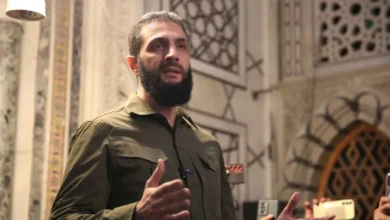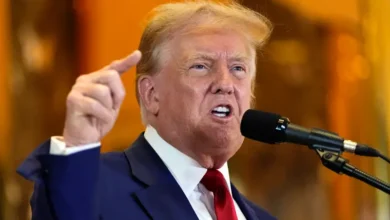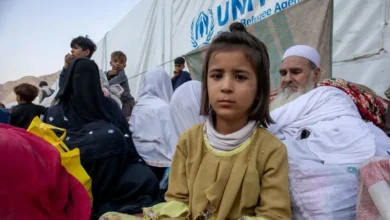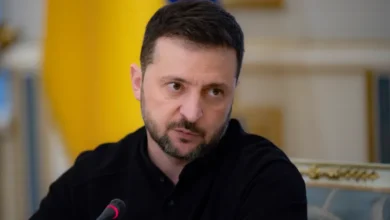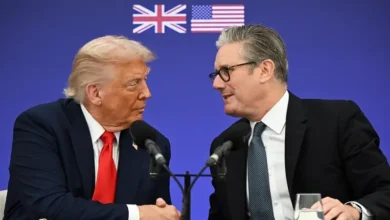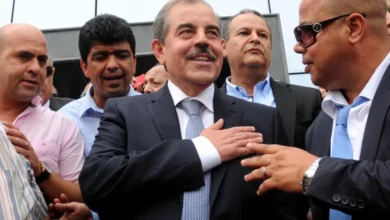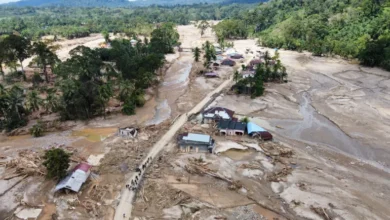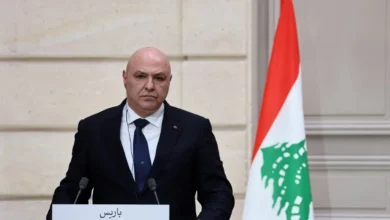What will the future bring between Hezbollah and Israel?
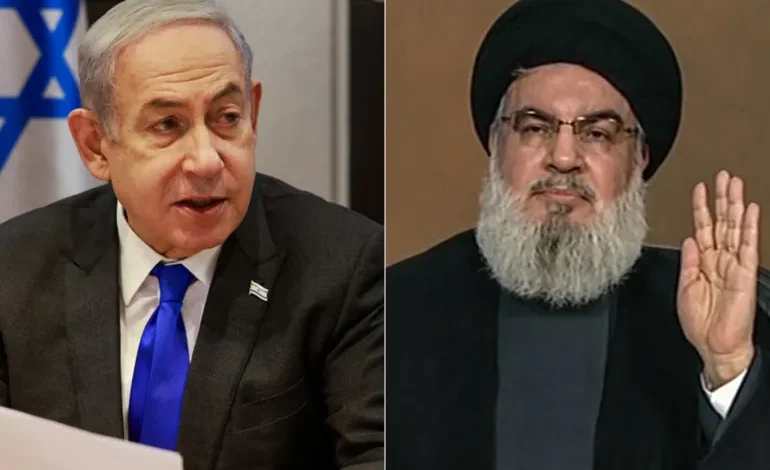
Israel’s decision to withdraw the majority of its troops from Gaza – at least temporarily – has analysts in Lebanon anticipating an intensification of some sort against Lebanon’s Hezbollah, a Shia militia and political actor, to Israel’s north.
The Israeli army indicated as much in a statement on Sunday when it said it was preparing to transition from defensive to offensive actions against Hezbollah.
“The commanders of the regular and reserve units are prepared to summon and equip all the required soldiers in just a few hours and transport them to the front line for defensive and offensive missions,” the statement said.
Hezbollah and the Israeli military have been trading attacks across the Lebanon-Israel border since October 8, the day after Hamas’s surprise operation into Israel and Israel’s brutal retaliation on the besieged Gaza Strip.
Since then, more than 330 people in Lebanon have been killed in Israeli attacks, including at least 66 civilians. Hezbollah attacks have killed 18 people on the Israeli side, 12 soldiers and six civilians.
Civilians have cleared out from areas along both sides of the border. The Israeli government evacuated people from its north while tens of thousands of Lebanese have fled the south.
As the war in Gaza enters its seventh month, there are fears it is also ready to enter a new phase. But what will that phase entail?
Israel’s aims in the north
Many Israelis feel they cannot safely return to their homes in the north as long as Hezbollah, an ally of Iran, which supports it financially, is present along the border.
A poll in an Israeli newspaper from February found that more than 70 percent of Israelis supported large-scale military engagement with Hezbollah.
Israel’s i24 News reported Netanyahu said at a meeting in January: “We are resolute in bringing about fundamental change along our border with Lebanon, ensuring our citizens’ safety and restoring peace to our north.”
“Israel is planning for a long war with Iran and its proxies that could explode at any second and damage the whole region,” said Tannous Moawad, a security analyst and retired Lebanese army brigadier general.
It is a feeling shared by many in Lebanon, where traumatic memories of deadly Israeli military offensives are relatively fresh. The last major Israeli war on Lebanon was in 2006.
Hezbollah’s strength in Lebanon
Hezbollah has a strong presence in the south, where it has popular support and recruits many of its fighters. Dislodging it from there would prove difficult.
It is the strongest political and military actor in Lebanon today and the only political group that remains armed after the Lebanese Civil War ended in 1990 – ostensibly to resist the Israeli occupation, which ended in 2000.
While Israel’s attacks on Gaza have been unrestrained, it has been more cautious in Lebanon, even if some of that restraint is now lifting.
Even at this limited intensity, some analysts believe the conflict – and the loss of field commanders and fighters – have been damaging to Hezbollah.
“Hezbollah is stuck now because they were not aware of the [extent of the] gap between them and Israel, which is now clearly unbridgeable,” Khashan said.
“Israel’s high-tech offensive is killing Hezbollah’s field leaders and attacking them with impunity.”
Among the leaders Israel has killed are Ali Abed Akhsan Naim, deputy commander of Hezbollah’s rocket and missile section, and Wissam al-Tawil and Ali Ahmed Hussein, both figures in Hezbollah’s elite unit, the Radwan Forces. Hamas also blamed Israel for a drone strike in a Beirut suburb in January that killed Saleh al-Arouri, commander of Hamas’s Qassam Brigades in the occupied West Bank.
Hezbollah has spoken defiantly, arguing that things are still going to plan.
“The resistance [Hezbollah] has used only 1 percent of its qualitative weapons. All the clashes taking place today are with ordinary conventional weapons developed by the resistance,” Hassan Ezzeddine, a Hezbollah member of Lebanon’s Parliament, said during a speech on April 8.
“So far, things are under control. The enemy knows that if it goes far, it will lead to a broad and global war.”
Netanyahu’s survival dance
Despite its battlefield advantage, Israel faces domestic problems.
“Israel is currently in an internal crisis and its military situation is difficult,” Qassem Kassir, a political analyst close to Hezbollah, told Al Jazeera.
Many analysts believe Netanyahu wants to keep his country at war to avoid going to jail over corruption charges he faces. Opinion polls published this week found nearly three-quarters of Israelis want him to resign. His approval ratings have plummeted over security failings leading up to the October 7 attacks and mass popular rejection of legal changes his far-right government tried to force through last year.
He has received ample criticism from across society as protesters rally against his rule and management of the war.
Meanwhile, his domestic foes are circling. Calls for new elections have increased, including from Netanyahu’s major competitor for the premiership, Benny Gantz, who currently serves in the war cabinet.

